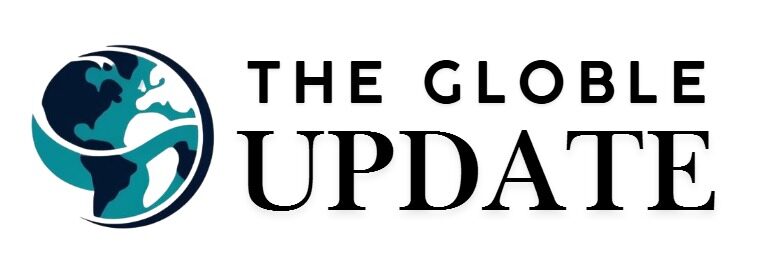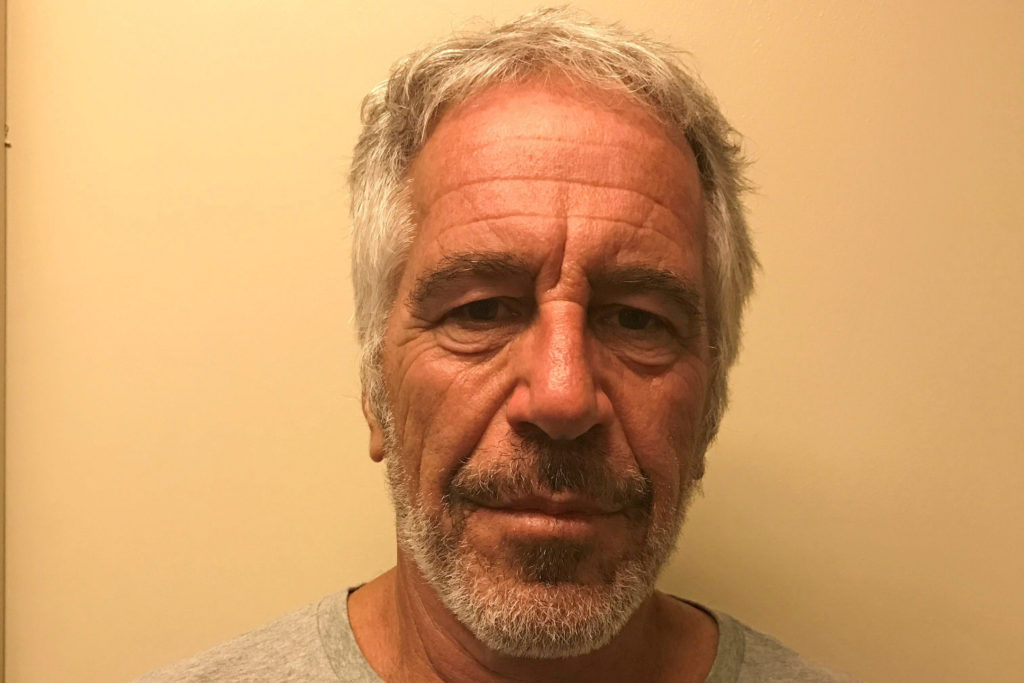Meta Description: President Trump announces plans to designate Antifa as a terrorist organization, igniting controversy over legal challenges, political motivations, and what it means for protesting in the US. Explore the facts, comparisons, and implications.
Trump’s Announcement: Antifa Labeled as “Major Terrorist Organization”

President Donald Trump declared on his Truth Social platform that he intends to officially designate Antifa—a loosely structured anti-fascism movement—as a “major terrorist organization.” The announcement, made during Trump’s overseas state visit, follows the recent assassination of conservative activist Charlie Kirk and has reignited debate about political violence and dissent in the US.
In his post, Trump stated, “I am designating ANTIFA, A SICK, DANGEROUS, RADICAL LEFT DISASTER, AS A MAJOR TERRORIST ORGANIZATION.” He further pledged to investigate individuals “funding Antifa” under the highest legal standards.
Legal Uncertainty: Can Antifa be Officially Designated?
Despite Trump’s forceful language, it remains highly uncertain what practical effect the designation would have. Antifa does not possess centralized leadership, membership rolls, or an official structure, making clear targeting difficult in legal or policy terms.
Unlike foreign groups, US law does not grant the government the authority to legally designate domestic organizations like Antifa as terrorist organizations in the same way. The lack of a federal mechanism for labeling domestic groups and the decentralized nature of Antifa create significant obstacles for any attempts at enforcement.
Political Fallout: Reactions and Critiques
The White House insists Trump’s move is one of several actions to address “left-wing organizations that fuel political violence.” Following Kirk’s assassination, administration officials have framed the designation as a crackdown on coordinated left-wing violence.
However, critics, especially Democrats, argue that the announcement serves as a pretext to suppress dissent and curb free speech. They warn that applying the terrorist label to a loosely defined, ideologically broad movement could invite abuse and risk encroaching on constitutional rights.
Comparing Designation of Foreign vs. Domestic Groups
| Feature | Foreign Terrorist Groups | Domestic Groups Like Antifa |
|---|---|---|
| Legal Designation Power | US government can designate | No official framework |
| Membership Structure | Usually centralized | Decentralized, fluid |
| Enforcement provisions | Funding bans, asset freezes | Ambiguous, rarely practical |
| First Amendment Issues | Minimal | Major constitutional concerns |
Policy Context: Expanded Measures Against Left-Wing Groups
The Antifa announcement is not isolated. Trump also mentioned exploring revocation of tax-exempt status for liberal nonprofits and prosecuting left-wing groups under racketeering statutes (RICO). Critics contend that these efforts, combined with the Antifa designation, amount to a broad campaign targeting left-leaning activism under the guise of national security.
The Nature of Antifa

Antifa—short for anti-fascists—refers to a broad philosophical movement whose adherents oppose fascism and far-right ideologies. It is not a formal political party or registered organization and lacks central leadership. While Antifa-linked protests can be combative or disruptive, the movement remains fluid and unstructured, blurring the lines of responsibility and accountability under US law.
Looking Ahead: Symbol or Substance?
Trump’s declaration to label Antifa as a terrorist organization carries major political and symbolic weight but faces tremendous legal and constitutional barriers. Whether this move will have the intended effect, or simply escalate partisan tensions, remains to be seen.
For more on how US law treats domestic versus foreign terror groups and how political rhetoric can affect protest movements, check out related posts under US Politics, First Amendment Rights, and Civil Protest Law.




